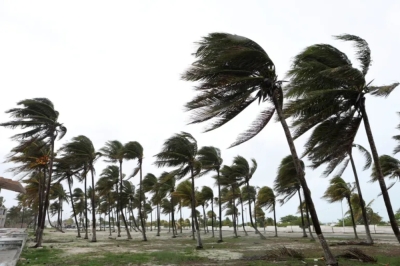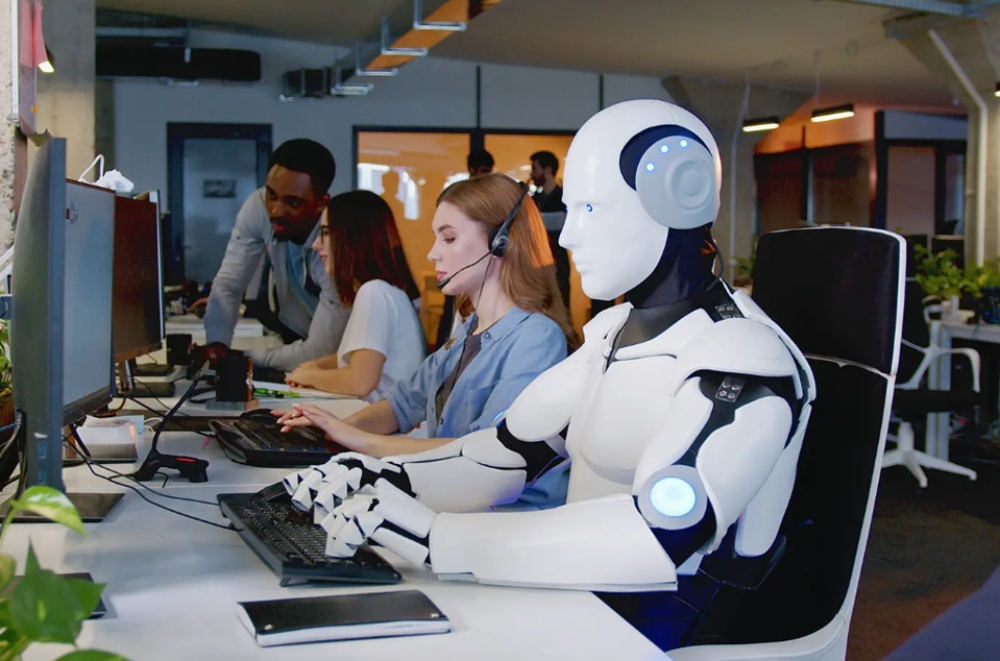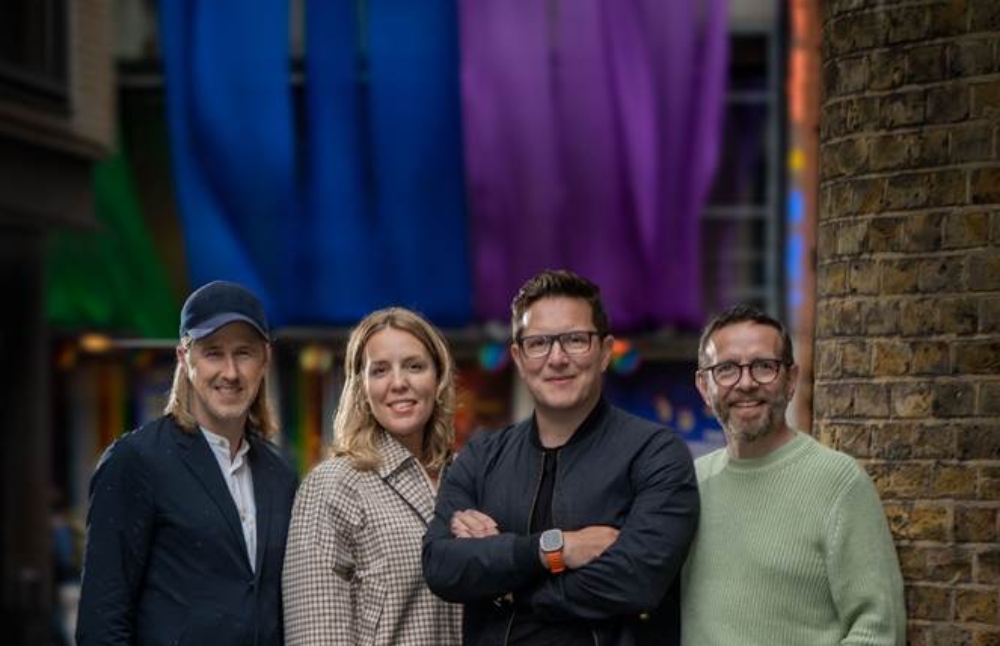
Millennials and Climate Change
Millennials are a generation with a list full of endowments. Web, cinema, gender-identification, feminism and technology have come of age at the same time as they have. No generation of mankind has ever witnessed as many empowering changes in the world they inhabit.
This special place in the chronology of civilizations which millennials have gained without having to bargain or so much as having to lift the proverbial finger has put them in a position of immense power. With great power comes great responsibility. The greatest of which is towards climate change. We are living in an environment that is fast approaching its tipping point. The Great Barrier Reef, (once) the largest living thing on Earth, is dead and at least 9 million people are lost every year due to the toxic effects of pollution.
Cause & Effects

Climate change kills faster and is caused in more ways than an average individual understands. In a bird's eye view definition, it is caused by greenhouse gases (GHG) emissions (carbon dioxide, methane, nitrous oxide and fluorinated gases), wherein each gas has a different global warming potential (GWP). The primary human activity causing these greenhouse gas emissions is the burning of fossil fuels and agricultural practices for production of meat. Its effects to life and health: heatwaves, floods, storms, droughts, fires, rising sea levels, melting glaciers, vanishing penguins and polar bears, deadly cancer-causing kidney and lung diseases, heart failures, water-borne diseases, hunger due to falling crop production and growing crop failure, disease-bearing insects and many more, are difficult to fully list and comprehend.
Knowledge is Power

The causes of climate change are different for different countries depending on their geography, economic status, population demographics and lifestyle. The consequences of this deteriorating climate are far-reaching and not-evident so easily, but it still is the right diagnosis of all weather-calamities. The first step for the millennial will be to have a general idea about what ails their country: the two major greenhouse gas emission sectors that are responsible for climate change and pollution in their country. While the Biennial Reports of the United Nations Framework Convention on Climate Change (UNFCCC) for all countries indicate electricity generation using coal as the largest sector causing GHG emissions, U.S. 's second highest source of emissions is the transportation sector (whose major reason was emissions resulting from gasoline consumption for personal vehicle use), India's second highest source is manufacturing industries and construction sector and Australia's worrying source is the livestock rearing and agriculture (for meat production) sector.
Indulgence at the cost of this environment is wrong. In-action is criminal inertia. Unawareness is unacceptable. Not-caring is signing up for an outcast status in the future that is closer than you anticipate.
Next, it is important to know the effects of lifestyle choices on the environment. Forming the largest of share working population in respective countries, a millennial is also required to know its government's investments in alternative sources of fuel for the energy sector and the strength of policy norms in the most polluting sectors. For instance, PM (particulate matter) emission limits for most iron and steel processes are three times higher (weaker) in India, where manufacturing and construction industries are a major source of emissions, than in China and 7.5 times higher than in Germany.
Choosing Your Contribution

Climate change is not an optional agenda for the manifestos of political parties and summits & forums across the world; every country, every sector and every individual will have to do their share to make a dent in the problem. Think about the choices you would like to make for our environment before you close this article. The changes available to make a contribution with lifestyle choices include: cycling, car-pooling, using public-transport at least once a week, investing in second-hand and electric vehicles, reducing the red-meat portions from diet or replacing them with other meat options, giving preference to locally-produced food items, minimising the need for long-distance business trips, avoiding straws, cutlery, bags, sanitary napkins (plastic ones) and other kinds of plastic by sometimes carrying one's own, volunteering time for environmental units and organisations: to impart awareness to the cause, lobby for better waste management practices, norms and technology and other best practices government needs to adopt.
Conclusion

Millennials are powerful; the choice they make today would either revolutionize the lives of generations to come or bring doomsdays upon those same lives. Do nothing soon and become the generation who couldn't preserve what they inherited, or pass on a better world and be the generation whose place in the history of civilizations will always be revered and coveted. We will live just long enough to see the consequences.
Trending
-
1 UK Tech Sector Secures a Third of European VC Funding in 2024
Azamat Abdoullaev -
2 France’s Main Problem is Socialism, Not Elections
Daniel Lacalle -
3 Fed Chair Jerome Powell Reports 'Modest' Progress in Inflation Fight
Daniel Lacalle -
4 AI Investments Drive 47% Increase in US Venture Capital Funding
Felix Yim -
5 The Future of Work: How Significance Drives Employee Engagement
Daniel Burrus





Comments